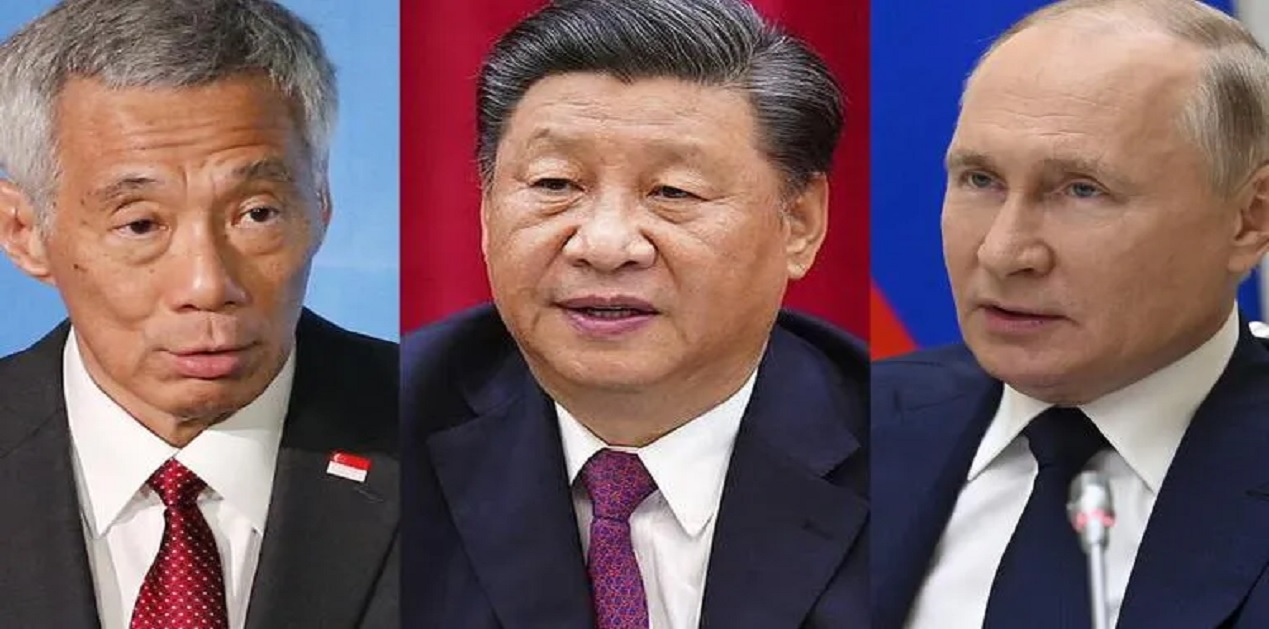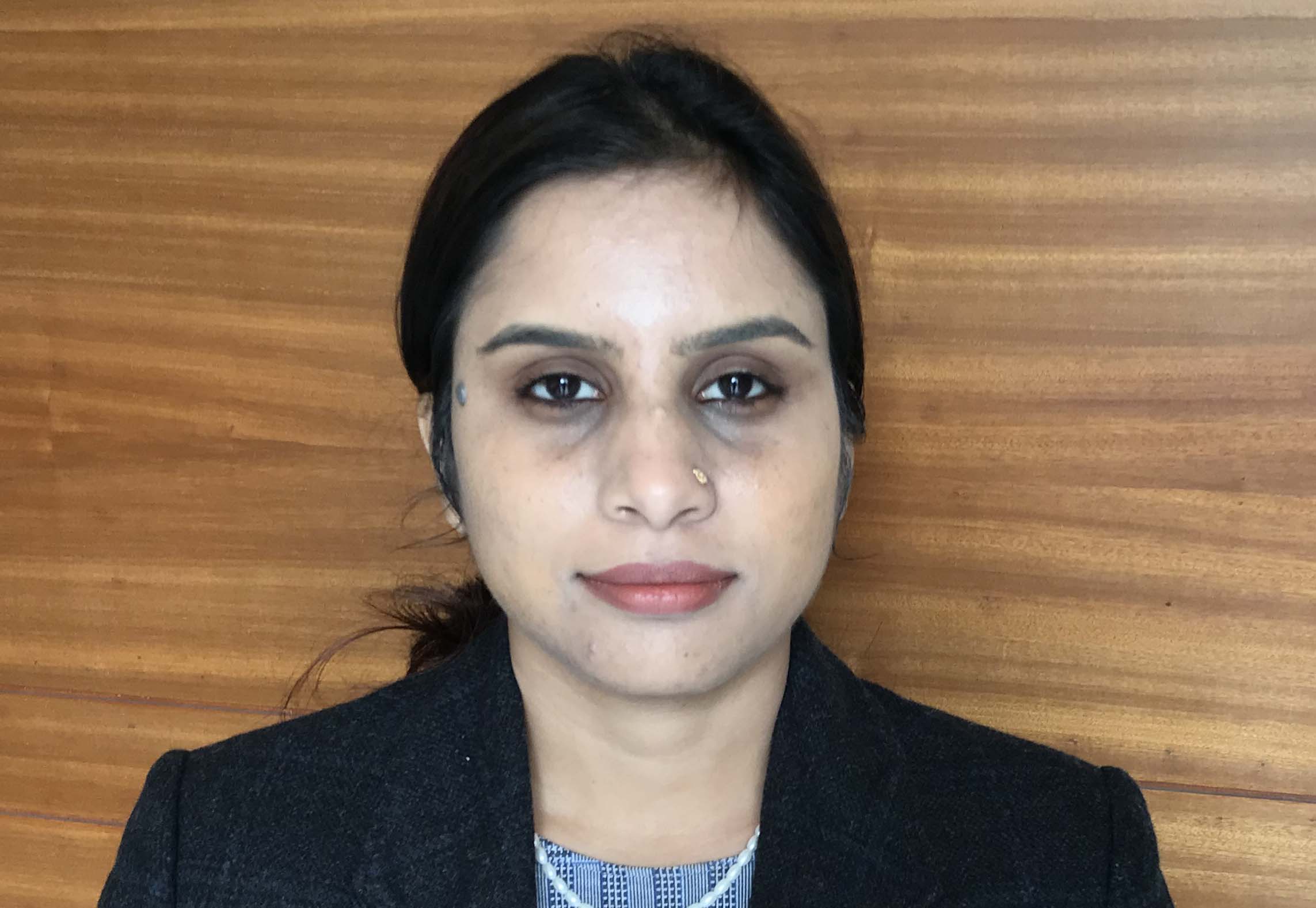On 8th of March 2023, Singapore’s minister for Home Affairs K. Shanmugam delivered the keynote address on the occasion of one year of the Russia-Ukraine war at the ISEAS-Yusof Ishak Institute. His speech took a critical view of the West which merits attention. It led some wondering if the speech marks a shift in Singapore’s position on the Ukraine war. This commentary will offer an explanation if it is so.
At the outset it is important to know that Singapore has been the only ASEAN member to co-sponsor UN resolutions against Russia on the human rights situation in Ukraine. It had however abstained from voting on suspending Russia from UN human rights body, awaiting findings of the international commission that was investigating alleged human rights violations. The statement on human rights resolution explained Singapore’s position as ‘not taking a side but taking a stand’. This summarises Singapore’s stance on the Ukraine, of how its policy is based on principles and not political inclinations. In the immediate period after the war began, Singapore had condemned Russia. While it may be easy to presume that Singapore’s stance was on the expected lines, underlined by its deep ties with the US, it is inaccurate to view it in such simplistic terms. Singapore’s position was based on principles that it condemned attack on the sovereignty of one country by another through aggression. The context of the Ukraine war where a much mightier Russia launched a military aggression on a weaker and smaller Ukraine, is very peculiar to Singapore’s strategic view. Historical circumstances that led to the formation of Singapore by its expulsion from Malaysia, to surviving under the constant threat of invasion from Malaysia has led to a ‘siege mentality’ in Singapore. It is thus understandable when Singapore takes a strong stance against Russia- which is rooted in its strategic tradition, rather than toeing US’s line. Singapore also made its position on the basis of its adherence to the international law under the UN charter- which Russia had violated by invading Ukraine. Again, the stance was on the basis of a principle- that is, the value Singapore attaches to international law and international bodies like the UN. In the past, Singapore had taken similar position on Vietnam’s invasion of Cambodia, and US’s invasion of Grenada calling for ending the invasions.
So, what has changed?
K Shanmugam clarified at the beginning that Singapore still continues to condemn Russia’s violation for violation of UN charter and international law. Through the lecture the minister reiterated his stance more than once. He clarified that Singapore’s stance was ‘not about being pro- or anti- Russia or pro- or anti- any other country.’ He expressed sorrow at the humanitarian costs of the war and called for its end. He then sought to address ‘broader questions’ about the war that looked at both Western and Russian perspectives. And this is where it becomes interesting.
He addressed the Western narrative that claims how the war is a result of Putin’s ambitions alone and how NATO did not consider absorbing Ukraine. Shanmugam spoke about the wider context of Ukraine’s disarmament, that Russia would respect 1994 borders, and other provisions of the Budapest Memorandum of 1994. He then goes to explain Russian perspectives that indicated about Putin’s willingness to cooperate with the West, Medvedev’s attempt in 2010 to forge a European Security Treaty, and how the West did not consult Russia on any major issue or treated it with respect that befitted a country of that stature, and the role of Neo-Cons in the US establishment. The US ignored Russia’s security concerns, violating the ‘not one inch to the east’ principle when NATO expanded in 1999 and 2004 to include former USSR states. Shanmugam seemed to sympathise with Russian security concerns and he extrapolates it to the Cuban Missile Crisis and China-Solomon Islands pact, of how US would feel about Russian missiles at its doorsteps:
‘In April of last year, when China signed a security agreement with the Solomon Islands, there was considerable alarm in Australia about a possible Chinese military presence in the Pacific islands – 2,000km away from Australia. I think Kiev is about 500km away from Moscow.’
Shanmugam argued that even as NATO expanded, it should have handled Russian sensitivities in a better manner and not dismiss it. He also explained the Russian perceptions of Viktor Yanukovych’s ouster, of how Russia doubted Ukrainian commitments to the Minsk Agreement, and if the Minsk Agreement was an arrangement to buy time for Ukraine to strengthen itself.
So, on the basis of the above, can one argue that Singapore’s stance has shifted? Not quite so. However, what is evident is a rather nuanced approach to the war, with consideration to Russia’s security perception, and a critical assessment of the Western narrative. This in itself is a significant phenomenon. Singapore’s position with to this war has been measured. Probably this is by design to avoid getting caught deeply in great power rivalry at present and also in the future, on the presumption of a US-China confrontation. Another possible explanation is that a carte-blanche to the West would make Singapore an outlier of sorts in the region, where most nations of Southeast Asia have taken a measured stance.
P.S.- It would be useful to remember that Singapore had supported US invasion of Iraq, citing WMD fears, and it had also contributed to war efforts by deploying assets. That time, the support was on the basis of Iraq’s persistent violation of the UNSC resolutions, and fear of terrorism. Yet in reality, the critics saw it either as a compulsion or to secure a free trade-agreement.
(The paper is the author’s individual scholastic articulation. The author certifies that the article/paper is original in content, unpublished and it has not been submitted for publication/web upload elsewhere, and that the facts and figures quoted are duly referenced, as needed, and are believed to be correct). (The paper does not necessarily represent the organisational stance... More >>
Image Source: https://img.republicworld.com/republic-prod/stories/promolarge/xhdpi/reqgiqbr8thfcugz_1647398691.jpeg










Post new comment